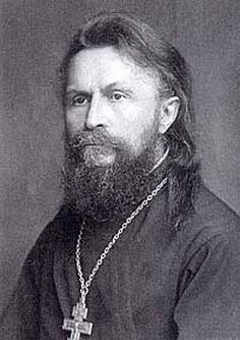
Publication details
Publisher: Springer
Place: Berlin
Year: 2012
Pages: 227-249
Series: Studies in East European Thought
Full citation:
, "Radical sophiology", Studies in East European Thought 64, 2012, pp. 227-249.


Radical sophiology
Fr. Sergej Bulgakov and John Milbank on Augustine
pp. 227-249
in: Regula M. Zwahlen (ed), Sergej Bulgakov, the 'awakening giant' of Orthodox Theology, Studies in East European Thought 64, 2012.Abstract
Looking at John Milbank's recent turn to Fr. Sergej Bulgakov, this paper argues that the theological and philosophical commitments they share are overshadowed by a deeper difference concerning the role each assigns the church in secular culture. It turns to Milbank's roots in Augustine's philosophy of history, which he argues could have allowed the church to overtake the pagan (which founds the secular) were it not for his distinction between the "visible" church and its deferred (eschatological) perfection. Bulgakov also criticizes Augustine's doctrine of the church, or so he thinks. He actually misreads Augustine, accusing the bishop of holding a doctrine of the church that Milbank would have liked him to have held. This suggests that Bulgakov would not agree with Milbank's view that the church should "enact" God's judgment in history by opposing itself to the secular.
Cited authors
Publication details
Publisher: Springer
Place: Berlin
Year: 2012
Pages: 227-249
Series: Studies in East European Thought
Full citation:
, "Radical sophiology", Studies in East European Thought 64, 2012, pp. 227-249.



